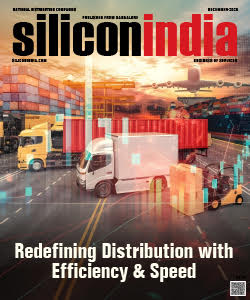International Women's Day 2023: Envisions of an Equitable Society for All
![]()
Every year, the United Nations highlights a powerful theme to demonstrate the role and status of women in society. The theme for International Women's Day 2023 is DigitALL: Innovation and Technology for Gender Equality. The goal is to make the digital world safer, more inclusive, and more equitable.
The digital world has brought about significant changes in almost all aspects of human life. From education and healthcare to business and politics, digital technology has transformed the way we live, work, and interact with one another. And one of the most profound impacts of digital technology has been on gender equality. Digital technology has the power to enable women to overcome some of the challenges they face in achieving equality with men. For example, digital tools can help women access education and training, find job opportunities, and start their own businesses. They can also help women access healthcare services, communicate with friends and family, and participate in social and political activities.
One of the most significant ways in which digital technology can promote gender equality is by providing women with a voice. In many parts of the world, women have traditionally been excluded from decision-making processes and have had little say in matters that affect their lives. However, digital technology has given women a platform to share their views and opinions, and to connect with other women who share their goals and aspirations. The digital world also makes it easier for women to access information and resources that can help them to overcome the many challenges they face in achieving gender equality. For example, women can use digital tools to access information about their legal rights, to connect with support networks and resources, and to access health and wellness resources.
At the same time, the digital world also presents new challenges for women, particularly with respect to safety and security. Women are often the targets of online harassment and abuse, and many women feel that they are at risk of physical harm when using digital technology. Therefore, it is essential to ensure that the digital world is safe and inclusive for women, and that women are able to participate fully in the digital economy and society.
To achieve these goals, we need to work together to promote digital innovation and technology for gender equality. This means investing in digital infrastructure, promoting digital literacy and education for women and girls, and working to address the social and cultural barriers that prevent women from fully participating in the digital world. It also means creating policies and regulations that promote gender equality in the digital economy, and ensuring that women's voices are heard in the development of new digital technologies.

.jpg)

